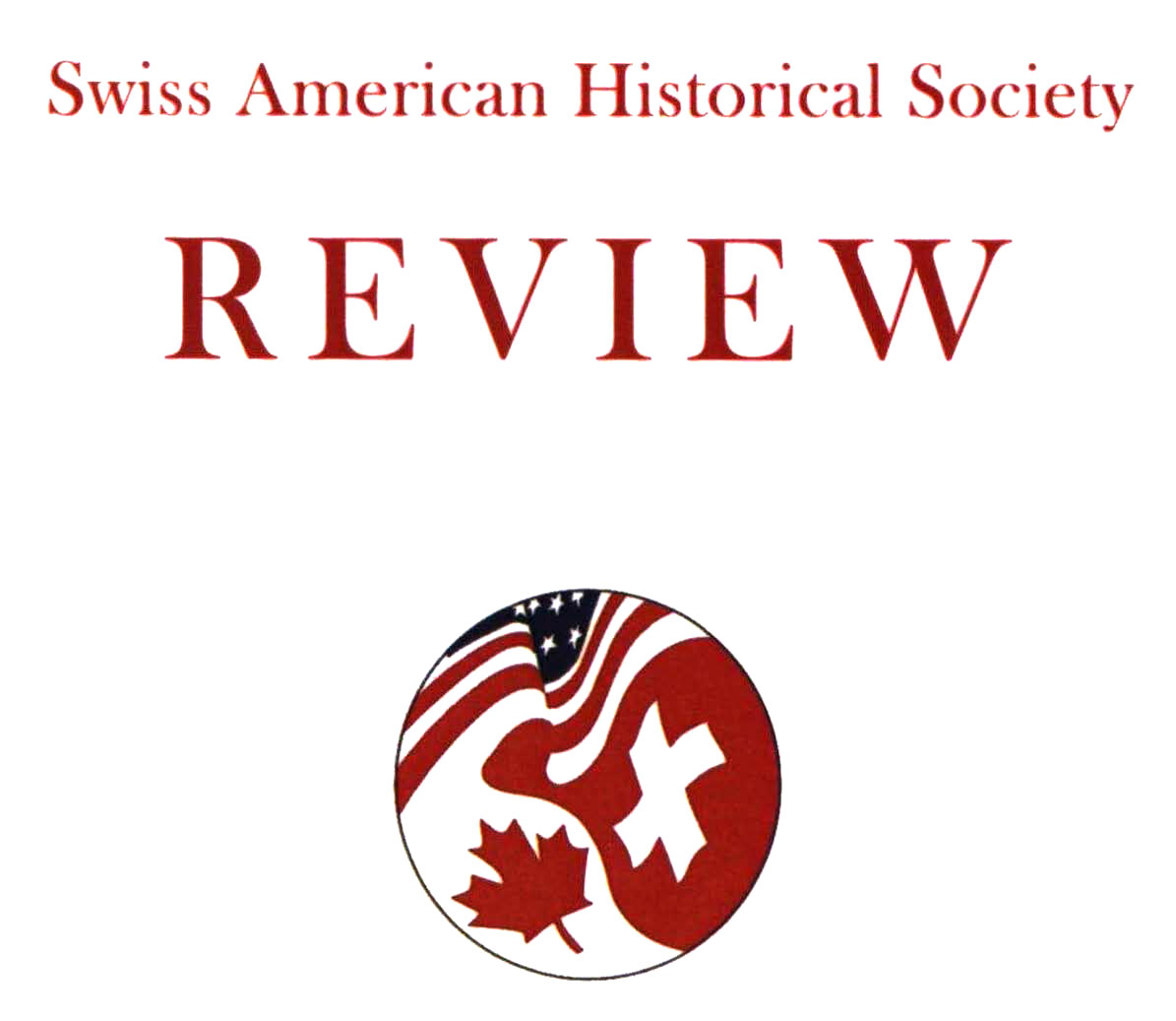Swiss American Historical Society Review

Keywords
Switzerland, Morgarten, Swiss State
Abstract
Political realities in the German Empire at the beginning of the fourteenth century were harsh, and communities that wanted to gain or maintain their autonomy had to deal with serious external threats. Most frequently, this meant that military success was essential for survival. Many forces vied for authority, influence, and domination over the regions that formed the Swiss Confederation, which later developed into the modem state of Switzerland. The largest threat to Swiss sovereignty in this period was factions of nobles, most importantly the house of Habsburg, which were expanding their control over the region. By the early fourteenth century, the states of Uri, Schwyz, and Unterwalden had been cooperating with each other for decades to resist outside forces, and their resolve to retain their autonomy was severely tested in 1315 when a large Habsburg army came to plunder and subjugate these states. The sovereignty of the Swiss republics was clearly at stake, and the significant victory in the battle of Morgarten meant that they would survive and continue to develop their own national expression. 1 This success probably kept the modem cantons of Switzerland from being little more than the nearby Austrian provinces of the Voralberg and Tirol. The achievement at Morgarten was also significant in a social sense because it was an early victory of free peasants, which allowed them to keep their liberties and independence in the face of challenges from the feudal forces that attempted to control them.
Recommended Citation
Winkler, Albert
(2008)
"The Battle of Morgarten in 1315: An Essential Incident in the Founding of the Swiss State,"
Swiss American Historical Society Review: Vol. 44:
No.
3, Article 3.
Available at:
https://scholarsarchive.byu.edu/sahs_review/vol44/iss3/3
